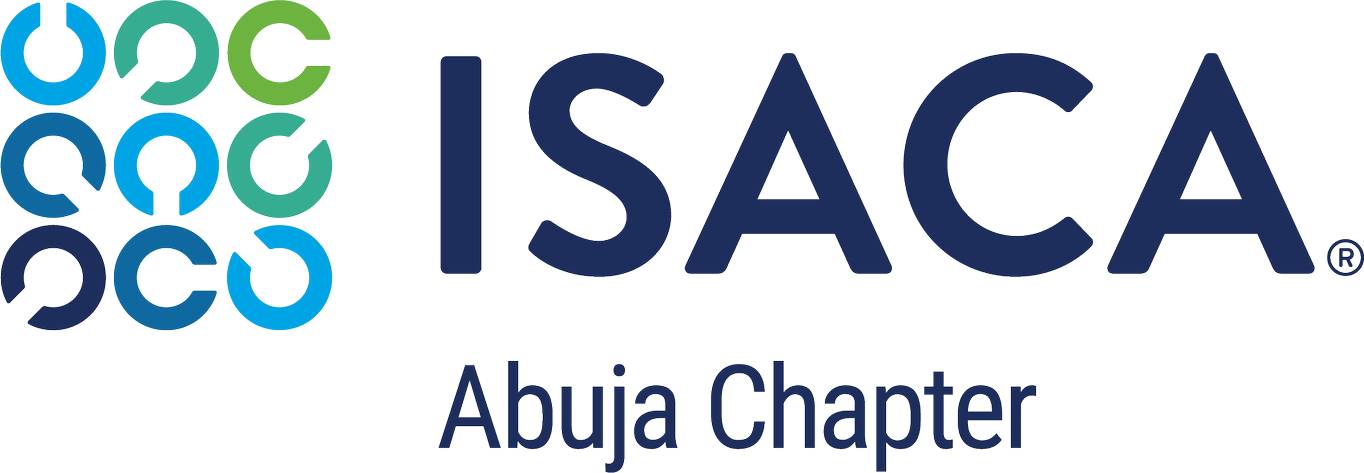CYBERCRIMES COST NIGERIA, OTHERS $7TRILLION IN 2022, SAYS ISACA CHIEF, OMOKE
In 2022 alone, global economy lost $7 trillion due to breaches occasioned by cybercrimes. This is as average cost of a single cyber breach could cost as much as $4.25million and the effect could be devastating for the global economy, the Abuja Chapter President of the Information System Audit and Control Association, Mr. Emmanuel Omoke has warned
Omoke made these revelations in Abuja on Wednesday in a paper he presented to mark the 2023 Information Security Week at the Federal Inland Revenue Service (FIRS).
In his lecture titled: Mitigating Insider and Outsider Threats to Information Security, Omoke urged organisations, both public and private to take the issue of information security serious as a little negligence could cost a fortune.
In his presentation, the information security expert revealed that Insider Threats to information security is always higher, accounting for about 22 percent of all threats. This he explained comes from activities of disgruntled employees of an organisation. According to him, external hackers account for about 14 percent of all threats while syndicates account for six percent.

Omoke made these revelations in Abuja on Wednesday in a paper he presented to mark the 2023 Information Security Week at the Federal Inland Revenue Service (FIRS).
In his lecture titled: Mitigating Insider and Outsider Threats to Information Security, Omoke urged organisations, both public and private to take the issue of information security serious as a little negligence could cost a fortune.
In his presentation, the information security expert revealed that Insider Threats to information security is always higher, accounting for about 22 percent of all threats. This he explained comes from activities of disgruntled employees of an organisation. According to him, external hackers account for about 14 percent of all threats while syndicates account for six percent.
“The term Hacktivism, that is Hack+activism refers to hacking into computer systems socially or politically motivated reasons. The targets of hacktivists are political groups, religious groups, social movements, big corporations and government organisations. Their motivations include to teach the targeted group a lesson and really get their attention and to provoke, question and challenge organisations or groups that represent moral values that conflict with their own”, he added.
Omoke emphasized that organisations should pay greater attention to insider threats as well as the outsider threats as their costs could be massive.



